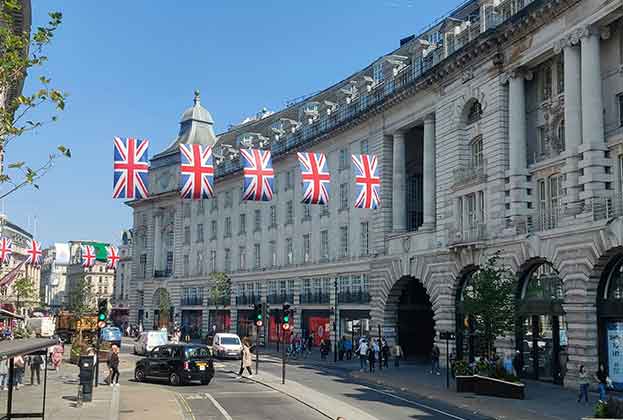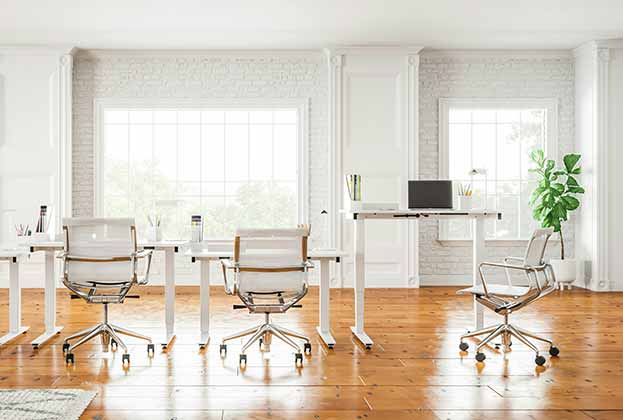The hospitality sector is going through a significant transition in the type of accommodation being offered to travellers. Fifteen years ago big hotel groups were expanding stock across a relatively small number of brands. Now, evolving consumer and travel preferences means we’re seeing growth across a wider variety of brands focused on particular types of travellers and/or types of trips.
This is perhaps most pronounced in the expansion of the branded hostel sector and its backing by traditional hotel investors and operators. Queensgate Investments recently announced its acquisition of Generator Hostels for around £400 million and TPG Real Estate bought A&O Hotels and Hostels in January. Accor, one of the world’s largest hotel groups, has revealed its own hostel brand Jo & Joe with the first sites set to open in 2018.
But what’s the appeal of hostels to investors? Previously seen as the affordable option for cash-strapped backpackers, their appeal has widened in recent years as millennials on short trips looked for more cost-effective alternatives to hotels. The potential scale of demand is also proving particularly appealing.
Millennials are now spending more of their disposable income on ‘experiences’, with travel being a key component of this. The World Tourism Association (UNWTO) and Staywyse forecast that by 2020 there will be almost 300 million international youth trips per year, almost 60 per cent higher than the numbers seen in 2010, and this part of the travel industry is growing faster than global travel overall.
This potential growth in demand, in light of existing hostel supply levels, highlights the potential expansion opportunities for operators and investors. For example, London has approximately 2.8 hostel beds per 1,000 overseas visitors aged between 16 and 34. This is in sharp contrast to more developed hostel markets in Germany, with Berlin having approximately 11.2 hostel beds.
However, its not all about value. Millennial travellers are more discerning than ever and many branded hostels have recognised this through focusing on a design led offer. Generator Hostels offer private rooms alongside traditional dormitories, with on-site facilities including cinema rooms and bars.
Enhancing the ‘experience’ of guests and their interaction with the local area is becoming a critical component. Accor’s Jo & Joe are set to provide locals and visitors with an 'open house' experience running events such as yoga classes.
The shift by hostels into the mainstream is not lost on investors and lenders. Hostels, like other traditionally alternative investments, can offer better returns, albeit with operational risk. This combined with limited consolidation in the operator market provides compelling opportunities for growth.
The pricing approach for hostels does not differ greatly from that of hotels, in that the operational performance of the asset is key in determining its value. Also, from a owner or investor perspective, hostel brands can take on space under a lease and/or management contract basis, just like hotel operators.
These fundamental similarities, alongside the demand story, demonstrate what will continue to attract investors and support expansion.
Further information
Read more: Redesigning the meaning of a branded hotel
.jpg)




.jpg)


.jpg)

